In this article, I’m going to teach you about the most beneficial and life-enhancing non-opioid painkillers that can work as effective analgesics in your body. Many people have tried opiates or opioid drugs for pain and realized that they are only effective for a short time.
Soon, you develop a tolerance to opioids. Quickly after that, taking opioid painkillers on a daily basis leads to physiological dependence. This is when you need the drug daily to avoid going into a withdrawal syndrome.
Opioid painkillers are very effective in the short-term.
But taking opioid painkillers over the long-term is undesirable for many, due to the reasons I mentioned above, along with other reasons such as side effects, psychological dependence, full-blown addiction, and more.
If you’re looking for the most effective non-opioid painkillers in the world, you’ve just found an article that can truly change your life. Natural pain relief and non-opioid pain medications are a few areas of specialty of mine, and this topic is truly fascinating and life-changing for many.
Thus, without further ado, I now present you with the Top 4 Non-Opioid Painkillers THAT WORK…
Table of Contents
1. CBD Oil
Cannabis, more commonly known as marijuana, has been used for pain relief in natural medicine for thousands of years. Recently, there has been a huge surge in people using a non-psychoactive compound in cannabis as a non-opioid painkiller.
Cannabidiol, or CBD, is one of over 60 compounds called cannabinoids. Most people think about the cannabinoid tetrahydrocannabinol (THC) when they think about marijuana, which is the compound that leads to the drug’s psychoactive effects.
Here are some important facts about CBD which cause it to be one of the top non-opioid painkillers:
- The body produces some cannabinoids naturally (endocannabinoids) which are created from the endocannabinoid system (ECS).
- The ECS helps regulate several functions, one of them being pain relief.
- CBD influences the body to use its own endocannabinoids more effectively, leading to a net increase in non-opioid painkiller activity.
- CBD may also decrease inflammation in the brain and nervous system, which can help to reduce pain in certain pain syndromes.
There are have been numerous studies suggesting CBD oil can be an effective non-opioid painkiller. And what’s more…
The anecdotal evidence continues to pile up regarding CBD oil as being one of the best non-opioid painkillers available in the world today.
My favorite CBD oil products are from Elixinol.com. I love their CBD products so much that I actually reached out to them to say how often I recommend their products, and they gave me a Discount Code I could use and share with any of my readers and coaching clients.
To save 10% on CBD oil from Elixinol.com, use the following Discount Code when purchasing any CBD product: 10off823
I’ve already had a superabundance of readers and clients try these CBD products and tell me how much they helped with pain relief, and what’s more…CBD is also extremely beneficial in helping a person reduce cravings, reduce anxiety, and sleep better once they come off opioid drugs. Double win!!!
Click here now to visit Elixinol.com>>
2. Noni Concentrate
One of the top non-opioid painkillers is a fruit called noni which grows in the Polynesian islands. Noni juice concentrate has been clinically proven to increase the body’s natural production of nitric oxide.
After learning about nitric oxide (NO), I’ve found the “Holy Grail” to natural pain relief, energy production, cognitive health, and many more extraordinary health benefits for opiate detox and recovery, fibromyalgia, arthritis, chronic pain, nerve pain, and just about every pain syndrome you can think of.
In 1998, three scientists won the Nobel Prize in Medicine for their research on nitric oxide.
In their paper, they stated, “nitric oxide maintains, defends, and repairs every cell in the body.”
After reading many articles and watching a lot of doctors give lectures on the many benefits of nitric oxide, I became totally fascinated with it. And after trying out an organic whole food supplement called Nitro Xtreme that is clinically proven to increase the body’s natural production of nitric oxide, I was instantly hooked, and I’ll be taking this every day for the rest of my life.
Now I’m going to share with you some science and research-based slides from a presentation by world-renowned Dr. Tom Burke:
Pain Relief:
- Pain goes away if nerves receive normal levels of oxygen. Think of grandma’s heart pain (angina)
- Nitric oxide dilates blood vessels and increases oxygen delivery to nerves
- Oxygen = More ATP produced by nerves
- ATP regulates nerve function
- More oxygen = less pain
Decreased Pain: Two Reasons:
- Better blood flow = less pain (think of a rubber band around your finger)
- Direct inhibition of pain signals…exactly the same way that narcotics decrease pain
Nitric Oxide and Pain Relief:
- The molecular mechanism of action of peripheral morphine analgesia: stimulation of the cGMP system via nitric oxide release.
- Morphine + receptor = nitric oxide…pain relief
Aspirin for Pain:
- Aspirin induces nitric oxide release from vascular endothelium: a novel mechanism of action.
Dr. Burke then goes on to cite numerous studies discussing the major role of nitric oxide in decreasing pain with fibromyalgia, arthritis, and other types of pain. In the presentation, he is recommending the use of Nitro Xtreme to increase the body’s natural production of nitric oxide, since nitric oxide is one of the top non-opioid painkillers.
Note: I take Nitro Xtreme with the complete Triangle of Health…which also has a product called Sunset which significantly reduces pain and inflammation as the supplement has non-opioid painkillers for some of the key ingredients.
3. Gabapentinoids
Gabapentinoids are a class of drugs that are derivatives of the inhibitory neurotransmitter GABA which block α2δ subunit-containing voltage-dependent calcium channels. Clinically-used gabapentinoids include gabapentin and pregabalin.
Gabapentin (brand name Neurontin) and pregabalin (brand name Lyrica) can both act as extremely powerful non-opioid painkillers.
Although both of the gabapentinoids are structural analogs of GABA, neither has any activity at the GABA receptors. Instead, they bind to the α-2δ subunit of presynaptic P/Q-type voltage-gated calcium channels, modulating the traffic and function of these channels.
Here is how this can lead to non-opioid painkiller benefits:
- By modulating calcium-induced release of glutamate from activated pain-transmitting neurons, these drugs may inhibit pain transmission and central sensitization.
- Alternatively, some evidence indicates that their antinociceptive mechanism may arise through activation of noradrenergic pain-inhibiting pathways in the spinal cord and brain.
While these non-opioid painkillers work well for many people, they simply don’t work for everyone. And worse still…gabapentinoids can come with some pretty awful side effects. Some people get hit hard with these side effects, making them get off these non-opioid painkillers.
Another important fact is that gabapentin and pregabalin can cause physiological dependence.
Thus, once you’ve taken these drugs daily for around 30 days or longer, the abrupt cessation of the non-opioid painkillers can lead to a horrific withdrawal syndrome.
There are some real horror stories online written by individuals that tried to come off moderate to high dosages of gabapentin or pregabalin cold-turkey, and then went through weeks to months of physical and mental withdrawal symptoms that were debilitating, to say the least.
That being said, these gabapentinoid non-opioid painkillers can work quite well, especially for nerve pain, fibromyalgia, and various other chronic pain syndromes. Additionally, tapering off these non-opioid painkillers can reduce or eliminate withdrawal symptoms.
4. Mindfulness Meditation
According to an article on PsychologyToday.com, “Mindfulness meditation has been shown in clinical trials to reduce chronic pain by 57 percent. Accomplished meditators can reduce it by over 90 percent.
Imaging studies show that mindfulness soothes the brain patterns underlying pain and, over time, these changes take root and alter the structure of the brain itself, so that patients no longer feel pain with the same intensity. Many say that they barely notice it at all.
Hospital pain clinics now prescribe mindfulness meditation to help patients cope with the suffering arising from a wide range of diseases such as cancer (and the side effects of chemotherapy), heart disease, diabetes and arthritis. It is also used for back problems, migraine, fibromyalgia, coeliac disease, chronic fatigue, irritable bowel syndrome and even multiple sclerosis.”
Danny Penman, Ph.D., the author of the PsychologyToday.com article, also wrote a book on how to use this unique form of mindfulness meditation as a non-opioid painkiller.
The book is available on Amazon.com. Click on the following link to learn more and read reviews: You Are Not Your Pain: Using Mindfulness to Relieve Pain, Reduce Stress, and Restore Well-Being.
Non-Opioid Painkillers – Conclusion
As you can see, there are some effective non-opioid painkillers that come in a variety of different forms. Some non-opioid painkillers are prescription medications, some are natural supplements, and finally, you can even use your brain as a non-opioid painkiller when you use it in a specific way (mindfulness meditation).
While there are plenty more non-opioid painkillers that I didn’t include on this list, in my opinion, these 4 are some of the most effective and most popular non-opioid analgesics.
To learn even more, make sure you check out my article 16 Epic Natural Painkillers To Use Instead of Opiates.
If you have any comments or questions on these or other non-opioid painkillers, please post them in the comment box below.


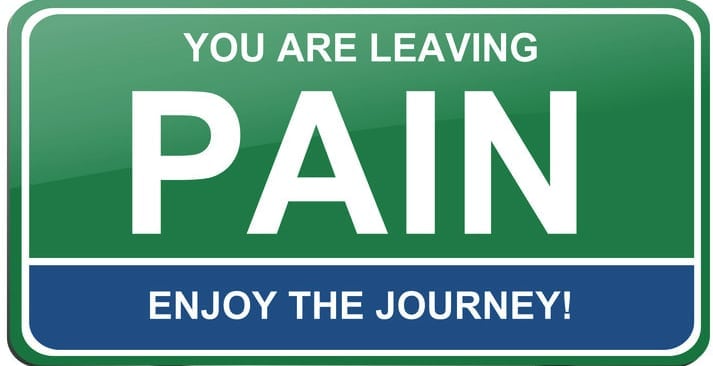
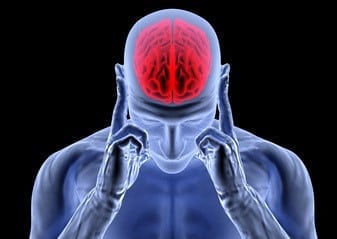

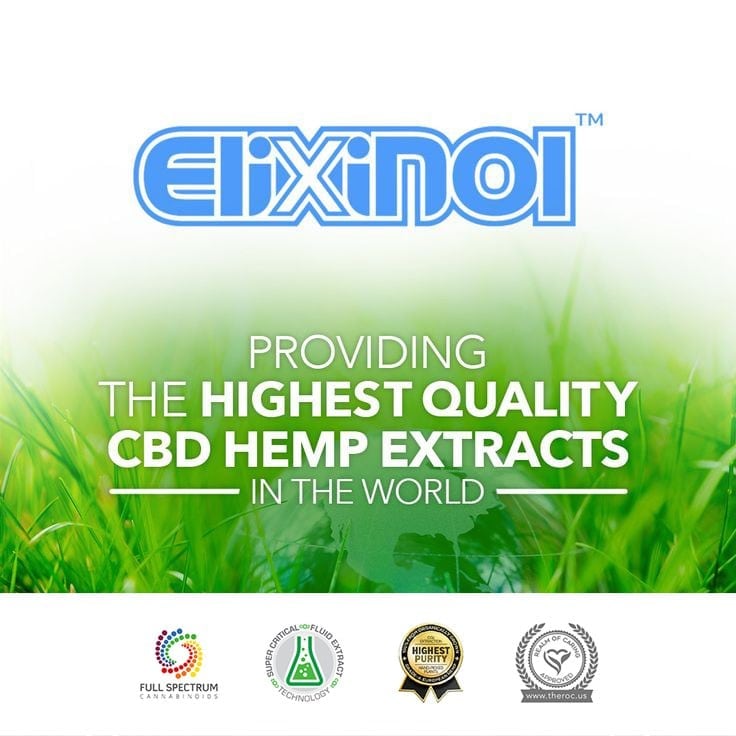
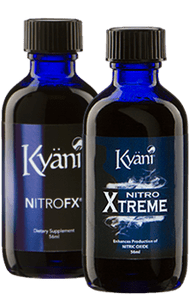
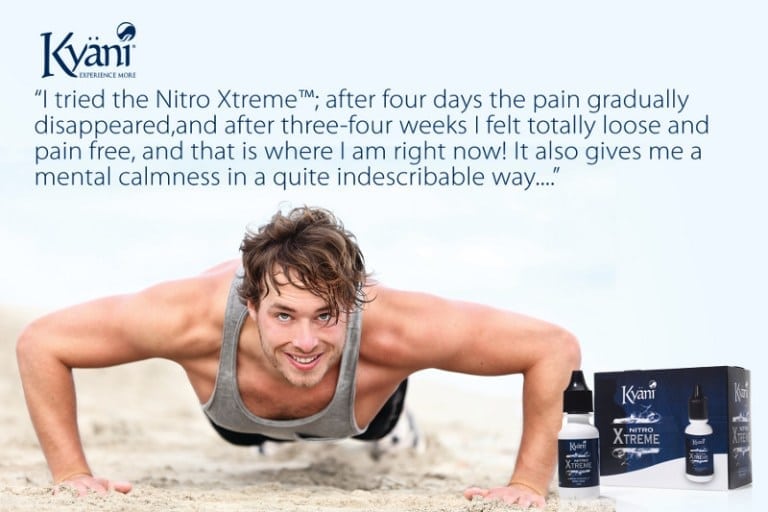
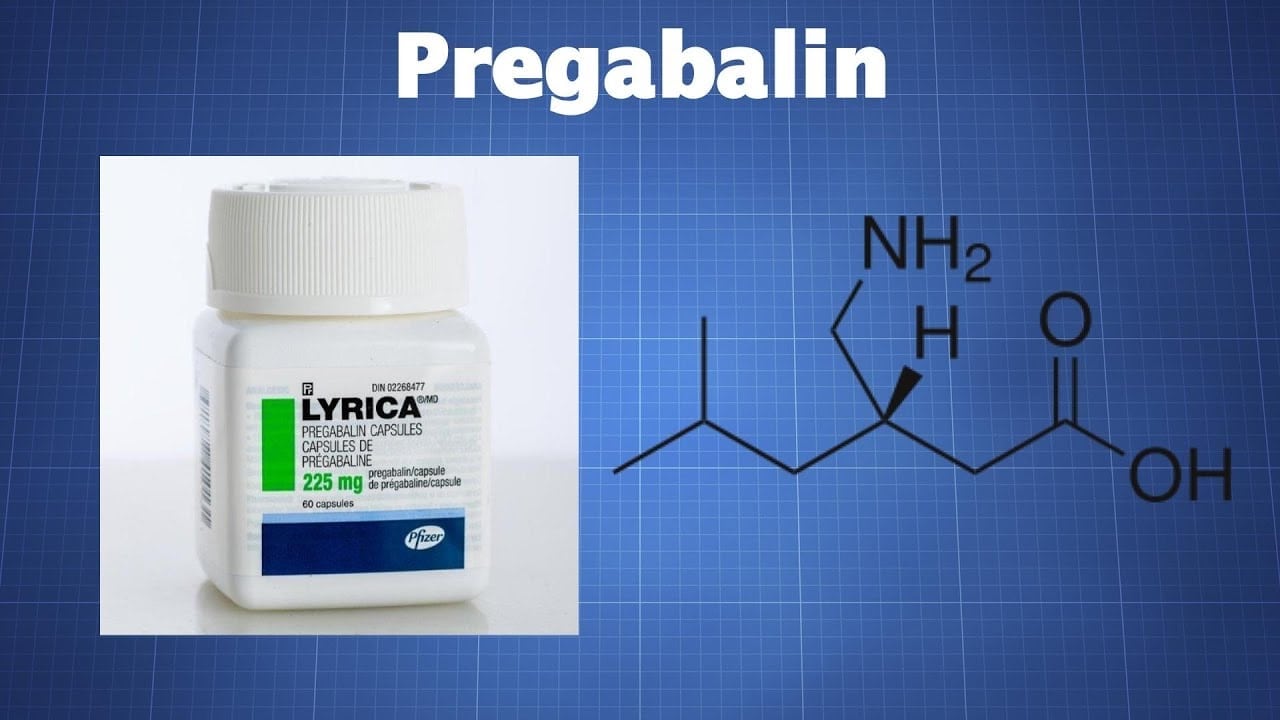
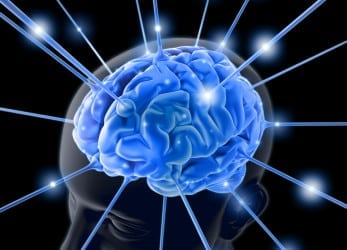



Hi Matt
In the uk most pain killers and energ boosters you recommended are not available
Like D-phenylalanine ashwagandha
I’m so close to finding wot I need for my detox to be complete Iv found wot helps with restlessness legs ,insomnia but can’t seem to find some thing that helps with energy calmness the first day and night I’m ok the secands day very low energy light headed in the morning I’m thinking of taking L arginine,tyrosine and dpla.
Hi Tom I’m in Australia and have encountered the same problem but have been able to acquire most of the things Matt recommends via the internet. Australia is notorious for its strict customs but everything I’ve ordered has arrived.
I have been on high doses of OxyContin for 3 years for chronic acute pain,
The side effects and unavoidable dependence has me feeling trapped,
Would I have to detox off the opiates before trying nuerontin or lyrica?
My pain management doctor has told me non opioid meds such as nuerontin will not work for the chronic severe pain I suffer from, I want to move to a small town with a relative who will help me live a better life but I can’t find a doctor who will manage my pain with opiates, my pain doctor has deterred me from detoxing off the opiates-saying that I will not be able to tolerate the evidence based spinal pain if I detox – that I will go through the hardship of detox only to go back on the Oxycodone afterwards, I’ve been reading testimonials from people who are in chronic acute pain that say they felt better once they got over the detox process and realized they didn’t need opiates to control their pain,
This has me beyond confused!!
How can that be? I can only surmise that they weren’t in acute chronic pain to begin with, I’m trying to get a straight answer to this question, when I talk to detox facilities they tell me I don’t need opiates to control my pain and that opiates are being prescribed to people because of the perks the prescribing doctors receive from the drug companies, how do I know if I can control my pain without opiates without going through horrible withdrawals?